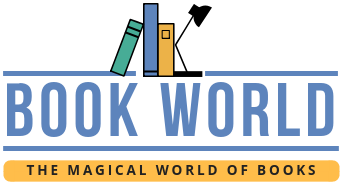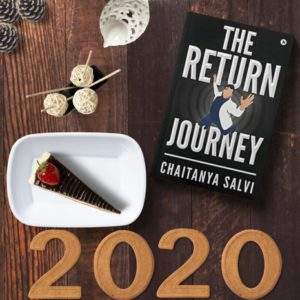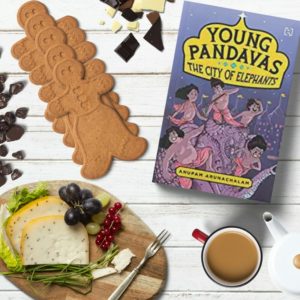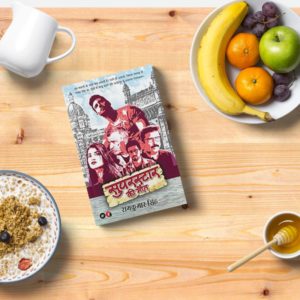
Pachinko
Pachinko by Min Jin Lee has been on my reading radar from last four months. But I didn't pick it up due to its sheer size. Don't misunderstand me. I am not afraid of big books, but honestly you need some motivation to read a 500 plus page book.
The book was picked up by Sonali Book Club for the July's month read. It acted as a catalyst and I finally started reading Pachinko.
Amalgamation of History with Fiction
The author Min Jin Lee has done an exceptional story telling of the struggle of a Korean family in the backdrop of many real scenarios like hard and harsh life of colonial Koreans under the Japanese rule, immigrants Koreans in Japan who were treated as backward class, their search for home and better living in a hostile country, racial discrimination and injustice, derogatory condition during and after the world war 2.
Pachinko narrates the story of Sunja and her family running in five generations covering eight decades of the saga. Seems more like a soap opera, Min Jin Lee pens the perseverance and resilience of the family to make the best out of the worst situation. In the changing circumstances, the Korean family kept fighting all the odds, adjusting and supporting each other.
It is such a heartening and heartfelt story. Alone you might not survive. But together, when a family support each other, they complement and supplement and get past the difficult time. The Korean family did exactly this and the hard work reaped sweet fruits for them when at last prosperity visited their home.
Characters
Sunja is the anchor character and the story more or less involves her if not revolving around her. The author refrained from focusing on just one character. As a consequence narrative kept on shifting from one character to another.
The author gave ample time to each character to settle down. Describing them with fine details allowing you to invest in them. I was completely immersed in the narrative till Sunja and her sons Noa and Marazu.
But my interest starts waning by the time the fifth generation came in. Solomon and other characters of his generation were described with broad brush strokes and the author was racing to finish off the saga. Gay and lesbian encounter doesn't make any sense to me.
I loved all the characters. They were well rounded and sketched, flawed and interesting. None of the characters were like heroes. They were all common people who strive hard for decent living and care for their family’s well being and security.
Among all I was personally intrigued by Noa's character. His character raised the debate of importance of lineage or upbringing in shaping a human character. Noa had a Yakuza (underworld don) blood, but he was brought up by a saintly man Isak who married Sunja when she was pregnant out of wedlock. Noa had all the virtues, mannerism and golden heart of his foster father. I felt like giving a tight slap to Noa, who considered himself a bad seed.
Writing Style
Pachinko is a huge book, but it is pretty easy and quick to read. There is this smoothness in Min Jin Lee's writing, varying length of sentences were pleasing to read with abundance of emotions put together with meticulous plotting and relatable characters.
My Acquaintance With The Country
I have sparse knowledge about the country Korea except that they are divided into North Korea and South Korea. Both are loggers head just like India and Pakistan.
But this book has made me fascinated and eager to know more about Korean culture and history and their rise to become a fully developed nation from the pathetic situation they were under Japan.
Unimpressive Last Part And Climax
It is only towards the last part when the grandchildren of Sunja come into the picture the story loses its steam and becomes a tedious read. This might be due to the reason that financial trouble and struggle of the family had taken the back seat. New age problems didn't connect as they appeared to be created by oneself and not by some outside authority.
A great story doesn't gets a befitting climax to make it memorable.
The Verdict
I would highly recommend this book for the richness of the narrative immaculately bringing out the importance of family and bonding along side presenting the history of the country which results from intensive and extensive research work. Though the last part was disappointing, but overall I cannot deny it was a compelling read.
Buy Here
<iframe style="width:120px;height:240px;" marginwidth="0" marginheight="0" scrolling="no" frameborder="0" src="//ws-in.amazon-adsystem.com/widgets/q?ServiceVersion=20070822&OneJS=1&Operation=GetAdHtml&MarketPlace=IN&source=ss&ref=as_ss_li_til&ad_type=product_link&tracking_id=mobipedia-21&language=en_IN&marketplace=amazon®ion=IN&placement=178669137X&asins=178669137X&linkId=50052d270220643e983d7ddce2653356&show_border=true&link_opens_in_new_window=true"></iframe>
Min Jin Lee
Min Jin Lee is a Korean-American author and journalist. Born in Seoul, her family moved to America when she was seven. She worked as a lawyer before deciding to write full time.



